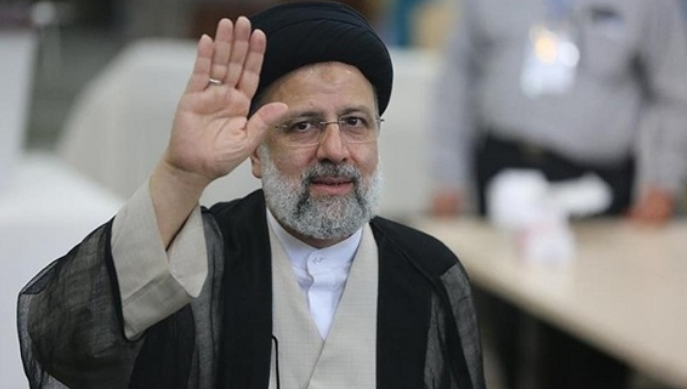Nora Bandari
Amid poverty, hunger, disease, unemployment, suicide, and repression, the suffering of the Iranian people continues under hardliner President Ebrahim Raisi, who made many promises during his election campaign, the slogan of which was “a relentless fight against poverty,” until his victory in August. He promised that he would work to solve the problems of the Iranian people and improve citizens’ standards, but despite the passage of a short period of his rule, he did not take any measures to prove that he would rescue Iranians from poverty. Until this moment, he has contented himself with making promises and false hopes that confirm that he is following in the footsteps of the Iranian presidents he succeeded.
Phantom of poverty
Evidence for this is that the director of the Office of Community Nutrition Improvement in the Iranian Ministry of Health, Zahra Abdollahi, revealed on October 18 that there are eight provinces in Iran (Sistan and Baluchestan, Kohgiluyeh and Boyer-Ahmad, Khuzestan, Hormozgan, Ilam, Kerman, South Khorasan, and Bushehr) threatened with poverty and suffering severely from food insecurity due to the high rate of inflation in the country and the outbreak of the corona virus, according to the Iranian Students’ News Agency (ISNA).
Abdollahi stated that it was recently observed that the citizens’ consumption in these provinces decreased by 40% of a number of products such as meat, poultry, dairy products and fruits, due to the increase in their prices. She said that “the residents of the eight provinces remove protein-rich items from their meals so that it their stomachs are just barely full.”
It should be noted that the rise in the poverty rate in Iran is not a result of the current moment. Rather, the mullah regime has, for more than forty years, expanded the poverty line. There are only two classes left in Iranian society, either rich or poor. There is no other choice as a result of the failed policies of the ruling regime, which gets worse day by day.
This is due to many reasons, the most important of which are the US sanctions that led to the collapse of the Iranian economy and the local currency. Another reason is the mullahs’ continued support for terrorist groups loyal to it in some countries of the Arab region, especially in Yemen and Iraq, with the aim of “exporting the revolution,” which led to poverty and hunger sweeping large segments of society, while inflation, unemployment and stagnation led to the collapse of the Iranian economy.
Therefore, the question that arises now with the high rate of poverty is whether the Iranian people will go out in popular protests against a Raisi’s regime, especially since some citizens working in some sectors in Iran do not hesitate to go out in demonstrations to demand access to their back pay.
To answer this question, Osama al-Hatimi, a journalist and writer specializing in Iranian affairs, explained that Raisi’s promises regarding improving economic conditions will not come to be for a long time, but rather rosy promises made by Raisi to attract voters without the real ability to implement them. Indeed, if Iran continues its current policies, it needs a miracle to alleviate the deterioration taking place at various levels.
Causes of poverty
Hatimi pointed out in a special statement to the Reference that many indicators reveal that the percentage of people living below the poverty line in Iran has risen to about 60%, and that the Iranian Ministry of Labor and Social Welfare recently revealed that the poverty line for each person in 2020 was equivalent to 1.25 million tomans and an increase of 38% compared to the previous year, confirming the validity of what had been warned by many specialized research institutions and centers.
Hatimi pointed out that there are strong reasons that led to this current situation, at the forefront of which are three factors that are difficult for any political system to deal with, namely the US economic sanctions, the corona pandemic that has spread terrifyingly in Iran over the past two years, and rampant corruption in the country, which a report issued by the Iranian parliament indicated is responsible for about 60% of what the country suffers from.
He added that the continuation of these conditions as they are is enough to push the Iranian street to more congestion to the point of boiling, which is likely to erupt from time to time in popular uprisings that could be an extension of what the country has witnessed in recent years, which Expediency Discernment Council member Ahmad Tavakkoli warned against.








































admin in: How the Muslim Brotherhood betrayed Saudi Arabia?
Great article with insight ...
https://www.viagrapascherfr.com/achat-sildenafil-pfizer-tarif/ in: Cross-region cooperation between anti-terrorism agencies needed
Hello there, just became aware of your blog through Google, and found ...